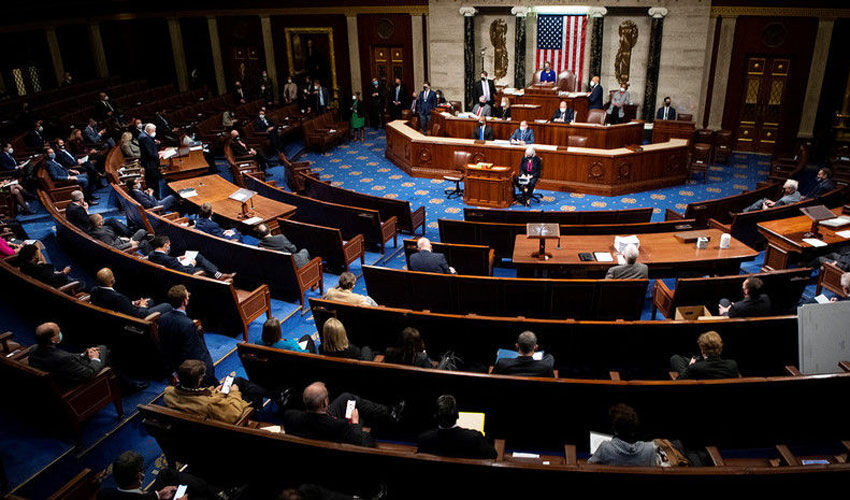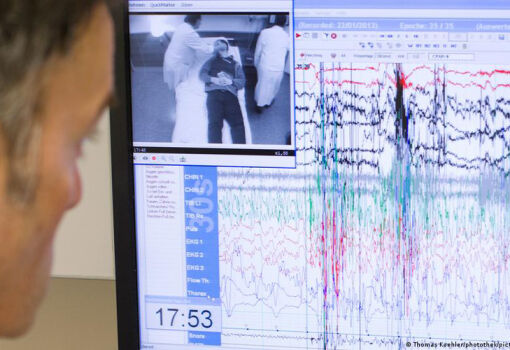
Trump’s initiative received the necessary 51 votes, with 48 people opposed. Of the already allocated $9 billion, about $8 billion is proposed to be returned from the programs of the U.S. Agency for International Development (USAID), aimed at helping foreign countries after diseases, wars and natural disasters. After the closure of the agency, some of its functions were transferred to the State Department.
In addition, it is proposed to return $1.1 billion directed to the U.S. Corporation for Public Broadcasting to fund public broadcasters NPR and PBS. This refers to the two-year budget of the companies.
As Reuters notes, the $9 billion is a small fraction of the total federal budget of $6.8 trillion. In addition, the Trump administration has already frozen $425 billion in previously approved funds as part of its spending cut policy.
Such packages canceling funds already appropriated have not been passed in decades, as lawmakers have been reluctant to relinquish their constitutional role in controlling government spending. Now, however, Republicans, who hold a slim majority in the Senate, have had little resistance to Trump’s initiatives since the start of his second term.
Republican leader John Thune called Trump’s proposal “a small but important step toward fiscal sanity.” Democrats criticized the $49 billion savings initiative, pointing out that the package of spending changes passed would increase the U.S. national debt by more than $3 trillion to $36.2 trillion.













